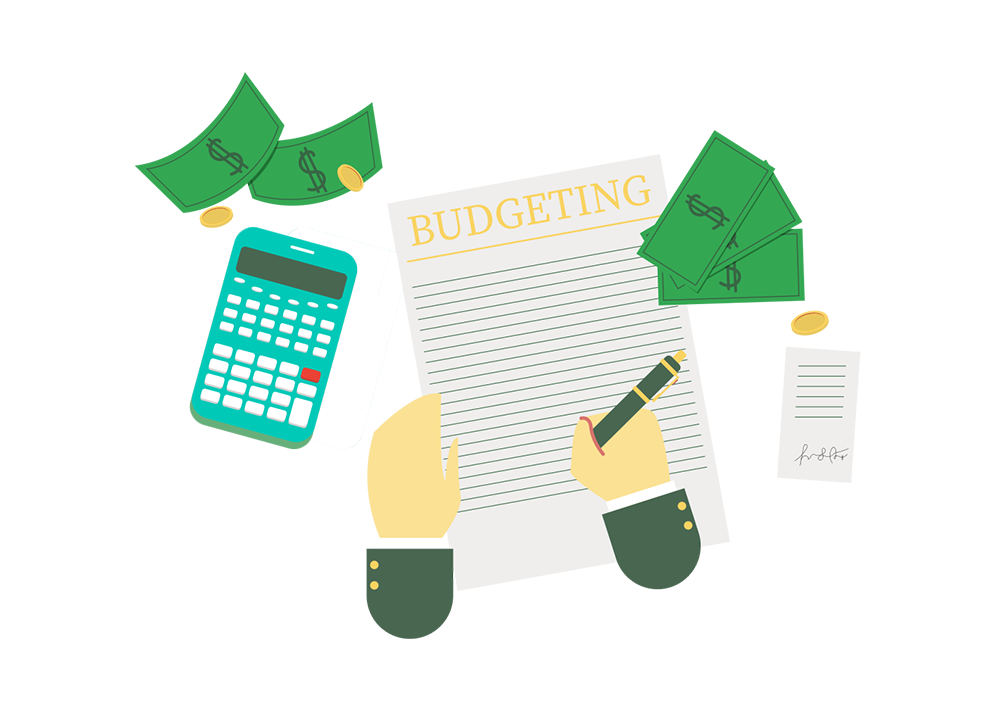Mastering the Art of Budgeting

Here are six topics to help you master the art of budgeting:
1. Tracking Income and Expenses
Start by tracking all your sources of income and expenses. This includes not only fixed expenses like rent and utilities but also variable expenses such as groceries, entertainment, and transportation. Understanding where your money is coming from and where it’s going is essential for effective budgeting.
2. Creating a Realistic Budget
Develop a budget that reflects your financial goals and priorities. Assign specific amounts to different categories, such as housing, transportation, food, savings, and debt repayment. Ensure that your budget is realistic and aligns with your income level and financial obligations.
3. Prioritizing and Cutting Expenses
Identify areas where you can reduce expenses. Differentiate between needs and wants, and prioritize essential expenses while finding ways to cut back on discretionary spending. Look for opportunities to save money, such as negotiating bills, using coupons, or exploring more affordable alternatives.
4. Setting Savings Goals
Establish savings goals based on your short-term and long-term objectives. Whether it’s an emergency fund, a down payment for a house, or retirement savings, allocating a portion of your income towards savings is crucial. Automate your savings by setting up automatic transfers to make it easier to stick to your goals.
5. Monitoring and Adjusting
Regularly monitor your budget and track your progress. Review your spending and savings regularly to ensure you’re staying on track. If you find yourself consistently overspending in certain areas, reevaluate your budget and make adjustments as necessary.
6. Building an Emergency Fund
Prioritize building an emergency fund to cover unexpected expenses or financial setbacks. Aim to save at least three to six months’ worth of living expenses. Having an emergency fund provides a financial cushion and prevents you from relying on credit or going into debt during challenging times.
Bonus Tip
Remember, budgeting is an ongoing process that requires discipline and regular review. Be flexible and willing to adapt your budget as your financial circumstances and goals change. With consistent effort and mindful spending, you can master the art of budgeting and achieve better financial stability.
 Subscribe
Subscribe